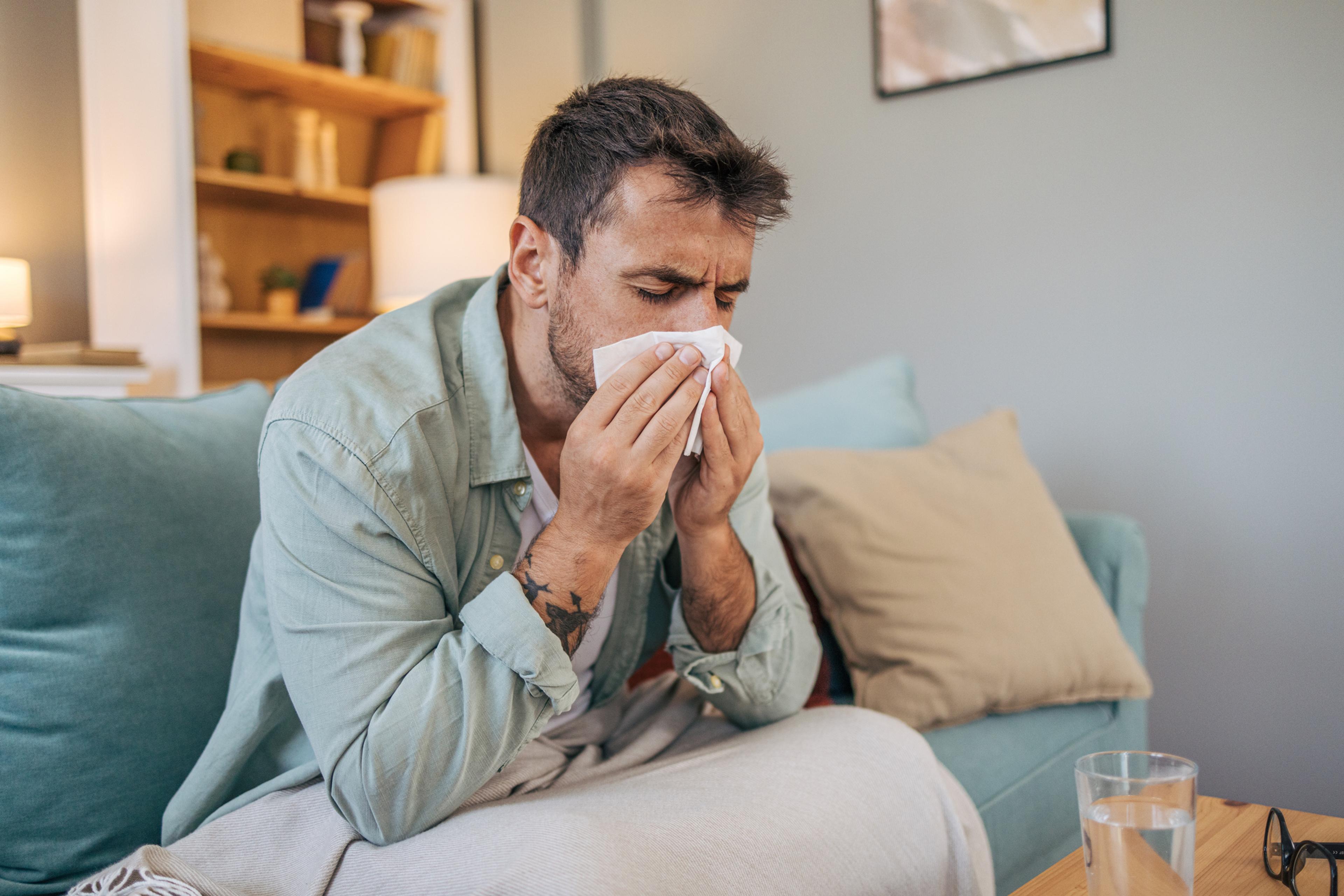FAQ About the New COVID Antiviral Pills
Amy Barczy
| 3 min read
Amy Barczy is a former brand journalist who authored...

Nearly two years into the pandemic and scientists and researchers are continuing to discover more about ways to treat and prevent COVID-19. The latest development is the option of new oral antiviral pills to be used as treatment at home. Recently the U.S. Food and Drug Administration issued emergency use authorization to a medication made by Pfizer (Paxlovid) and to another oral drug made by Merck (molnupiravir).
Question: How are antiviral pills different than existing COVID-19 treatments?
Answer: So far throughout the pandemic, the antiviral Veklury® (Remdesivir) or monoclonal antibody infusion and injection treatments have been a primary course of action for an individual sick with COVID-19. However, these treatments require hospitalization or specialized infusion facility resources and dedicated staff, both of which contribute to the current limited access to these treatments. Paxlovid and molnupiravir would be obtained from providers through a prescription after a positive test for COVID-9 and should be used within the first five days of symptoms. They’re authorized for use by patients who are at a high risk for severe COVID-19 and are meant to be a treatment at home for mild to moderate symptoms to help these individuals stay out of the hospital.
Q: Who is eligible for an antiviral pill?
A: Though these new oral antiviral pills hold promise for the future of the pandemic, they won’t be available to everyone. Paxlovid is authorized by the FDA for use in adults and children age 12 years old and older who are at a high risk of severe illness from the virus that causes COVID-19. Paxlovid is not recommended for use in individuals with severe kidney or severe liver impairment. It requires a prescription from a provider. Molnupiravir is authorized by the FDA for use in adults age 18 and older who are at a high risk of severe illness from COVID-19, and for whom alternative FDA-authorized treatments are not accessible or clinically appropriate. It is not recommended for use by pregnant individuals due to a risk of harm to the fetus. It requires a prescription from a provider. There’s also a limited supply of Paxlovid at the moment, which means it might not be available everywhere right away.
Q: How do the antiviral pills work?
A: Paxlovid has two parts: nirmatrelvir tablets, which work by inhibiting a protein in the SARS-CoV-2 virus from replicating in the body, and ritonavir tablets, which slow down the breakdown of nirmatrelvir and keeps it in the body for a longer time at higher concentrations. The course of treatment consists of three pills taken twice a day for five days, for a total of 30 tablets. Molnupiravir is an oral capsule that works by introducing error into the genetic code of the virus that causes COVID-19 to prevent it from further replicating in the body. The treatment is four capsules taken orally every 12 hours for five days, for a total of 40 capsules.
Q: Do I still need to get vaccinated?
A: Yes. We know the vast majority of patients hospitalized with COVID-19 in Michigan and across the country are unvaccinated. As new variants of COVID-19 present themselves, the best way to prevent severe illness and hospitalization from COVID-19 continues to be vaccination and booster doses as needed. It’s not worth putting your health at risk by not getting vaccinated. It remains critical for all of us to continue the safety measures that we know work the best to prevent the spread of COVID-19: get vaccinated and boosted, wear a mask in public places, frequently wash your hands and stay home if you’re sick. More from MIBluesPerspectives:
Photo credit: Getty Images





